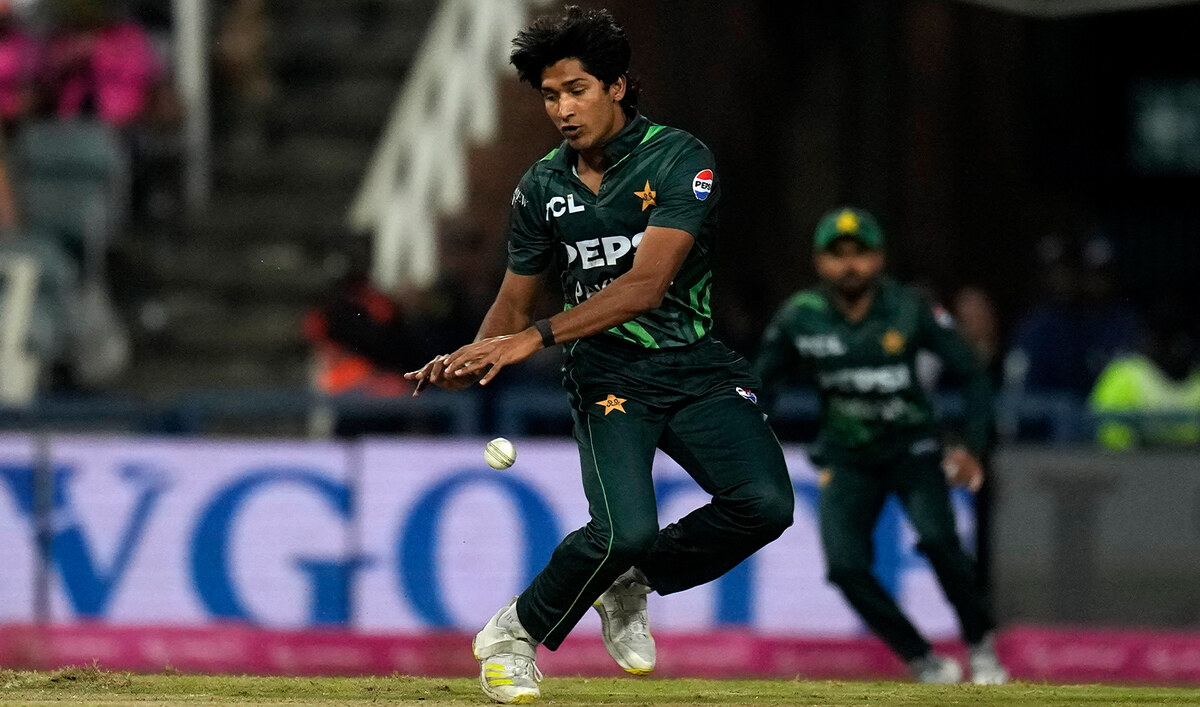ISLAMABAD: Pakistan hopes the Organization of Islamic Cooperation (OIC) contact group on Jammu and Kashmir will release a “strong” joint communique after it meets on the sidelines of the United Nations General Assembly (UNGA), enabling Islamabad to raise the issue with the support of other Islamic countries at the assembly’s ongoing session, Pakistan’s representative at the UN has said.
OIC has 57 member countries, making it the second largest intergovernmental organization after the United Nations. The OIC contact group on Jammu and Kashmir was established in 1994 to support the struggle of the people of Indian-administered Kashmir, including their right to self-determination, to voice the organization’s position, and coordinate joint actions on the dispute.
Kashmir has long been a flashpoint between India and Pakistan, both of which claim all of the region but rule only in part.
Ties between the nuclear-armed rivals have been particularly strained since a suicide bombing of an Indian military convoy in Kashmir in 2019 that New Delhi says was carried out by Pakistan-based militants. The bombing led to India sending warplanes to Pakistan. Islamabad denies state complicity in any attacks in Indian-administered Kashmir.
In August 2019, Indian Prime Minister Narendra Modi withdrew Indian-ruled Kashmir’s autonomy in order to tighten his grip over the territory, provoking outrage in Pakistan and the downgrading of diplomatic ties and suspension of bilateral trade.
“We are hopeful that the contact group will issue a strong joint communique on Jammu and Kashmir and this will enable us to take the issue forward together with other Islamic countries at the current session of the general assembly,” Pakistan’s permanent representative at the UN, Munir Akram, told Arab News on Monday.
Pakistani foreign minister, Bilawal Bhutto-Zardari will participate in the contact group meeting, he said, which would have ministerial-level presence from other group members. He did not specify the date of the meeting.
“Prior to chairing the OIC foreign ministers meeting that will be held on September 22, he [Bhutto-Zardari] will also participate in the OIC contact group on Jammu and Kashmir,” Akram said, adding that the ministerial level meeting would be chaired by the Secretary General of the OIC and include Saudi Arabia, Turkey, Azerbaijan, and Niger.
“Pakistan seeks resolution of the Kashmir dispute on the basis of the several resolutions adopted by the Security Council,” he added.
Besides the contact group, the Kashmir issue would also be discussed at the OIC foreign ministers’ conference on Thursday, Akram said.
Pakistan’s foreign office spokesperson, Asim Iftikhar Ahmed, told Arab News the Kashmir issue would be “prominently and forcefully” raised at the UNGA, including by the prime minister.
“Foreign minister always participates in the OIC contact group on Jammu and Kashmir meeting on the sidelines of UNGA,” Ahmed said via telephone from New York. “The contact group will reaffirm its support for the Kashmiri people.”




















